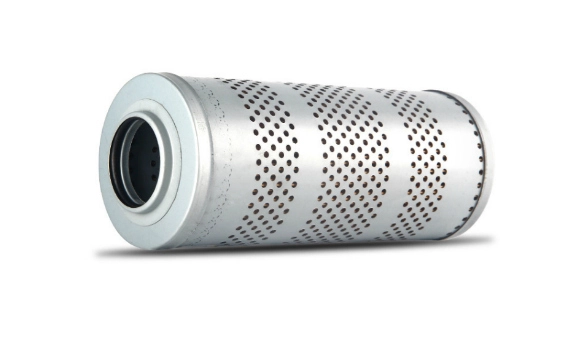Everything You Need to Know on Hydraulic Filter Suppliers

There are a lot of hydraulic filter suppliers in the market, and choosing one that suits your budget and application needs is essential. This article will help you know everything you need about these suppliers.
Hydraulic filters are essential for eliminating contaminates from hydraulic fluids and improving system reliability. They also reduce downtime, tame maintenance costs, and extend the life of system components.
Know Your Fluid
Hydraulic fluids provide lubrication and heat dispersion for various moving pieces in your hydraulic equipment. They also help to protect the components and keep them running efficiently.
Depending on the type of hydraulic fluid used, it may contain additives to minimize wear, increase film strength and help maintain viscosity as temperatures change. It can also have corrosion and oxidation inhibitors to help prevent the formation of chemical-reaction products that can damage parts.
The level of hydraulic fluid contamination can profoundly impact the efficiency and lifetime of your system. Fortunately, reducing generated and built-in contamination through effective filtration is relatively easy.
Know Your Budget
Hydraulic filter suppliers VA offer a wide range of options for different applications. Knowing your budget is essential when making your choice.
The wrong filter element can cost you more in the long run, even if it’s less expensive upfront. That’s because it may require more frequent replacements to keep contaminant levels below your target cleanliness level.
Manufacturer recommendations for filter changes are often based on hours of operation. Therefore, it is only sometimes accurate and can lead to unnecessary maintenance costs or system downtime.
Know Your Applications
Hydraulic systems are used in various industries, including aerospace and aviation, military and defense, agriculture, industrial automation, and more. Filters are an essential component of these systems to maintain fluid cleanliness levels that keep them running smoothly and efficiently.
Replacing filters regularly is essential to keeping your hydraulic system operating at peak performance and avoiding costly breakdowns. But a hard-set maintenance schedule can’t cover all the factors contributing to filter degradation, so it’s essential to use data-based maintenance — like predictive technologies — to determine when to replace them.
Know Your Filter Element
Hydraulic filters are critical for maintaining an impurity-free hydraulic fluid that prevents contaminants from damaging components and equipment. Filters also extend the life of the hydraulic system by limiting the intake of contaminants and swiftly removing new ones.
The first step in choosing a hydraulic filter is to know the level of filtration required by your application. It is done through ISO codes that outline the cleanliness requirements of each component in a hydraulic system.
Hydraulic filters come in many forms, including media-only, housing-only, and complete filter assemblies. Buyers may also choose between full flow, proportional or partial flow.
Know Your Filter Cart
Keeping your hydraulic systems clean minimizes the likelihood of equipment failure. But knowing when to change your filters can be a challenge.
Filters clogged with contaminants can impact fluid pressure, forcing the system to bypass them. It can lead to downtime and increased maintenance costs.
When choosing your hydraulic filter suppliers, choose one that removes the smallest particles possible.
Know Your Installation
Regardless of the hydraulic system’s size and type, installing filter elements is critical. They can dramatically reduce downtime, improve productivity and minimize damage to equipment components.
Filters remove particulates that can damage other parts of a hydraulic system. These contaminants range from dirt to water and reactive chemicals.
They also force hydraulic fluid through the filter element to prevent them from re-entering the flow stream and affecting other equipment downstream. They also protect clogged valves, which prevent pressure from escaping and can cause reduced performance.


















